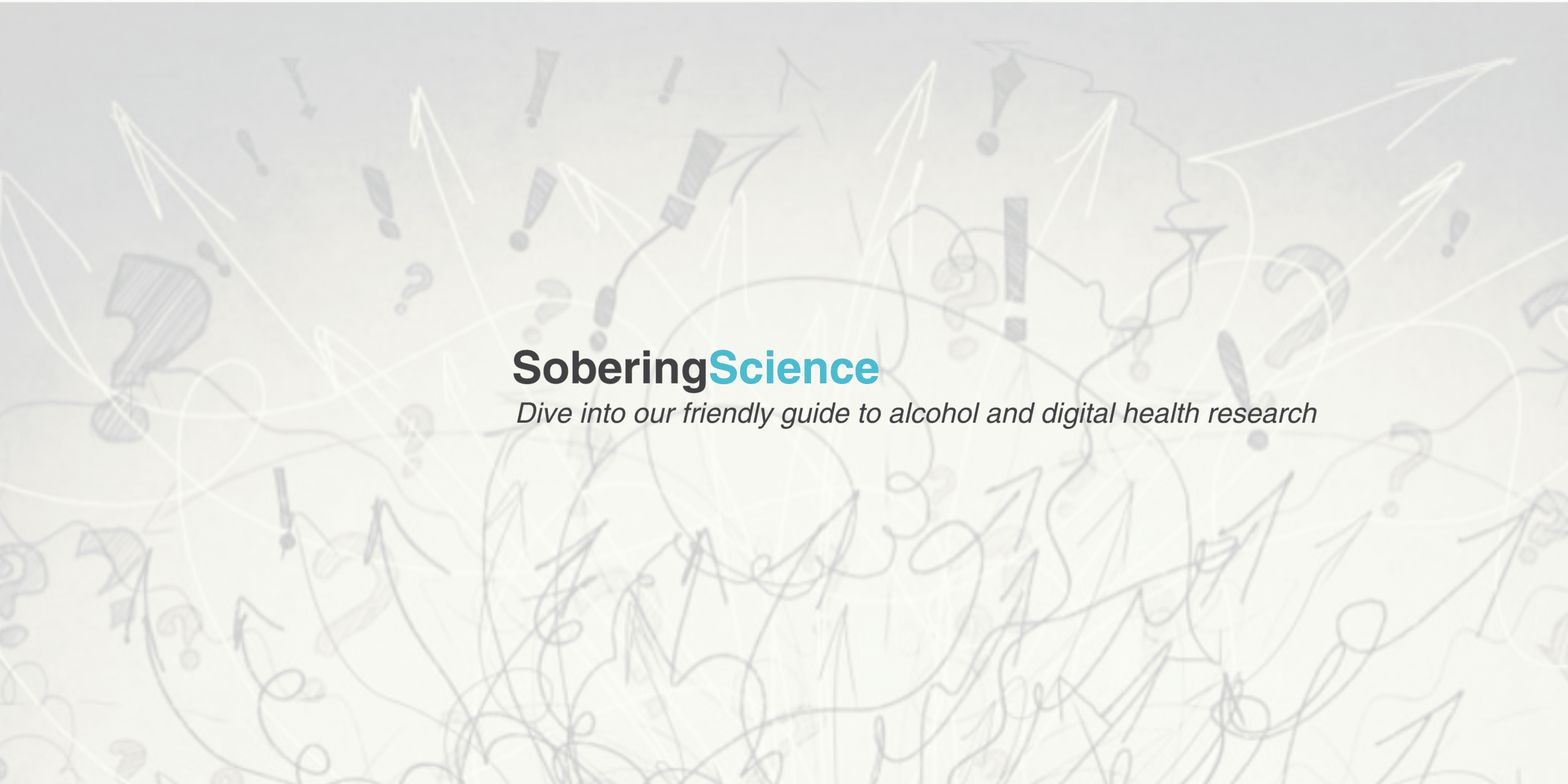
The shift: why Gen Z is drinking less
In recent years, it’s become increasingly clear that Gen Z – people who are born between 1997-2012 – is reshaping the cultural landscape, and one of the most noticeable changes is their relationship with alcohol. While previous generations might have viewed drinking as a rite of passage, today’s young adults are redefining what it means to celebrate, socialise, and have fun.
Let’s take a closer look at why Gen Z is opting for abstinence or moderation.
1. Health and Wellness Focus
Gen Z is more health-conscious than ever. Growing up amidst conversations about mental health, body positivity, and wellness trends, many young people are prioritising their physical and mental well-being. They recognise the negative impacts of alcohol—ranging from hangovers to hangxiety—and are choosing to abstain or limit their consumption.
2. Social Media Influence
Social media plays a massive role in shaping Gen Z’s behaviour. Platforms like Instagram and TikTok are filled with influencers promoting sober living, mocktails, and wellness lifestyles. This online visibility creates a sense of community and normalises the idea that you can have fun without alcohol.
3. Changing Social Norms
The stigma around not drinking is fading. While past generations might have felt pressure to participate in drinking culture, Gen Z is breaking free from those expectations. They’re creating spaces where it’s cool to be alcohol-free, whether at parties, festivals, or social gatherings. This shift is helping to redefine what socialising looks like.
4. Financial Awareness
With student debt, rising living costs, and an uncertain job market, many Gen Zers are mindful of their finances. Alcohol can be an expensive habit, and choosing to drink less—or not at all—can be a savvy financial decision. The savings can be redirected toward experiences, travel, or other priorities.
5. Alternative Experiences
The rise of alcohol-free events and venues speaks to the desire for fun without the booze. From sober parties to wellness retreats, Gen Z is discovering new ways to socialise that don’t revolve around drinking. These alternatives offer opportunities for connection and enjoyment without the potential downsides of alcohol.
6. Mental Health Awareness
With a greater emphasis on mental health, many Gen Z individuals are aware of how alcohol can affect their mood and mental state. Studies have shown a link between alcohol and anxiety or depression, prompting some to choose abstinence as a way to maintain their mental well-being.
7. The Rise of Mocktails
The beverage industry has taken note of this shift, leading to a surge in creative non-alcoholic options. Mocktails, flavoured sparkling waters, and low-alcohol beverages are becoming more popular, making it easier for those who choose not to drink to enjoy festive and delicious alternatives.
Gen Z’s approach to drinking reflects a broader cultural shift towards health, wellness, and authenticity. By redefining social norms and prioritising well-being over tradition, this generation is proving that you don’t need alcohol to have a good time. As they continue to pave the way for a new era of socialising, we can expect to see even more innovative and inclusive ways to celebrate life, connection, and joy—alcohol-free or not.









